Finalist teams reflect on impactful first year
The academic year is winding down, and the Rural Tech Project finalist teams have shared updates from their first year of the two-year program. Over the past year, teams have executed, assessed and iterated simultaneously. As student engagement and community involvement increase, the teams are discovering the answers to important programmatic questions — such as how to best incorporate unique regional and national resources, and what content is appropriate for in-person or hybrid learning.
Here are semester highlights from our five teams. For more details about this semester’s activities, check out the team pages.
The Kentucky General Assembly passed legislation to extend the iLEAD Virtual Computer Science Career Academy to the entire state. This will expand access to accelerated, early-college career pathways for Kentucky high school students and prepare them for careers in computing, particularly in the field of data science.
Louisa County Public School Systems continue to iterate on their popular cybersecurity pathway program with more hands-on activities and different post-class credential exams. The team has transitioned to nationally recognized credentialing exams — TestOut and CompTIA — and is using grants to cover student transportation to the in-person exams.
Students in Premont Independent School Districts’ technology and entrepreneurship program received project feedback from Marissa Holiday from Colorado University and C.J. Neumann from the Seattle Seahawks. And this summer, the students are invited to participate in a trip to Austin, Texas, to gain exposure to related university and industry opportunities.
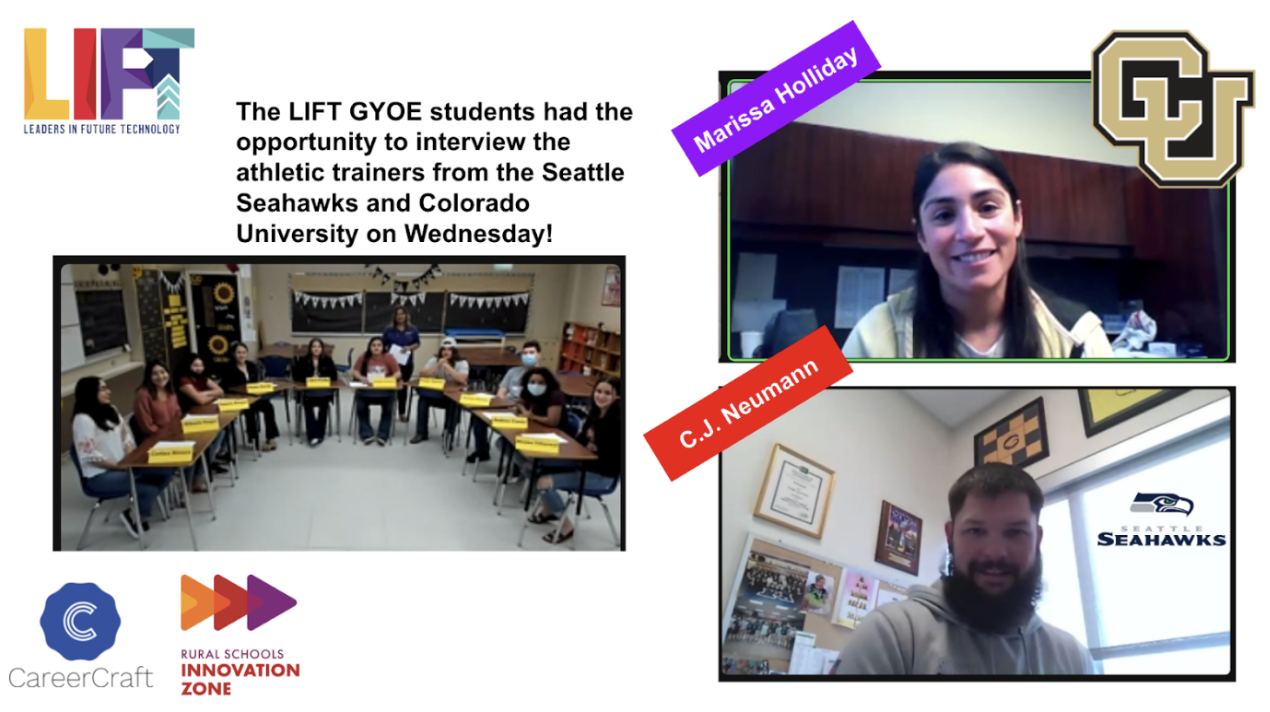
Ravenna Public School’s Grow MainStreet Project included manufacturing and material science in their curriculum and experimented with different ways for students to record and articulate their learnings. Additionally, students have built individual career exploration and education development plans — and are cross-referencing their own STEM index scores with job functions from employers in the West Michigan region.
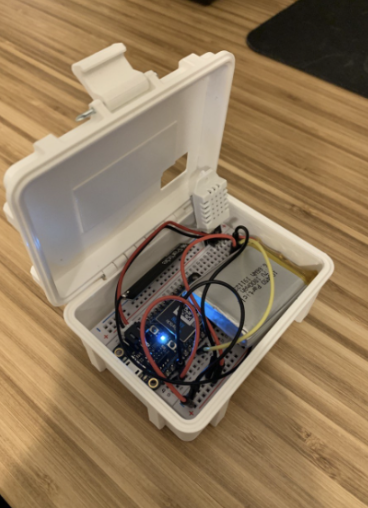
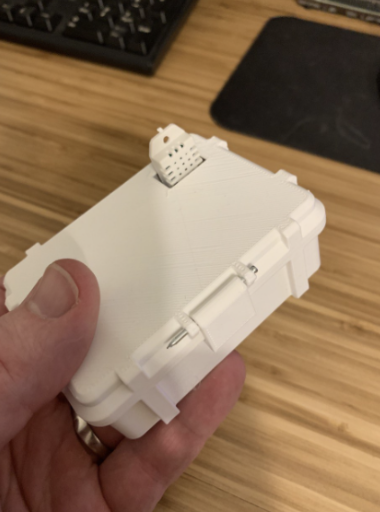
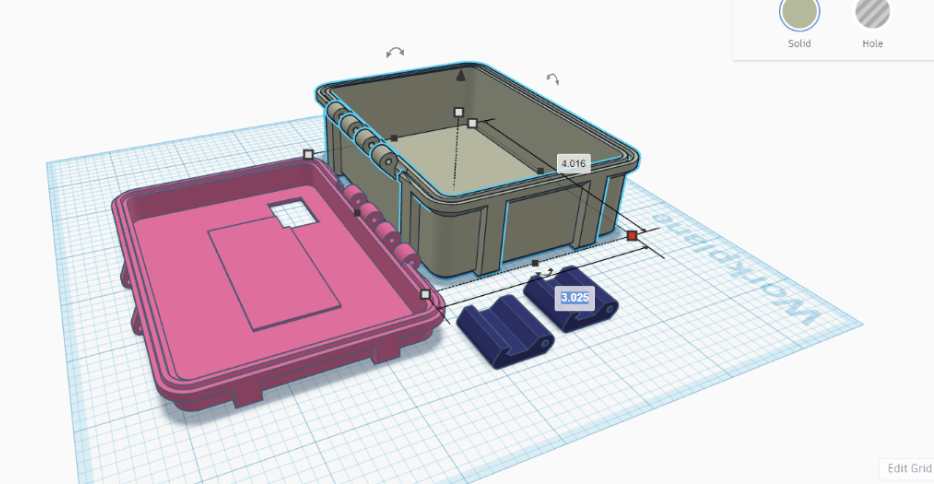
At Woodlake High School, the students stay engaged with real-world aviation activities and lectures, such as field trips to the Reagan Museum and Six Flags amusement park. Validating their hands-on learning approach, the “Math through Aviation” class — which is taught at a faster pace to incorporate the aviation curriculum — has a higher percentage of students who passed the first semester than parallel math classes, including those taught by the same educators.
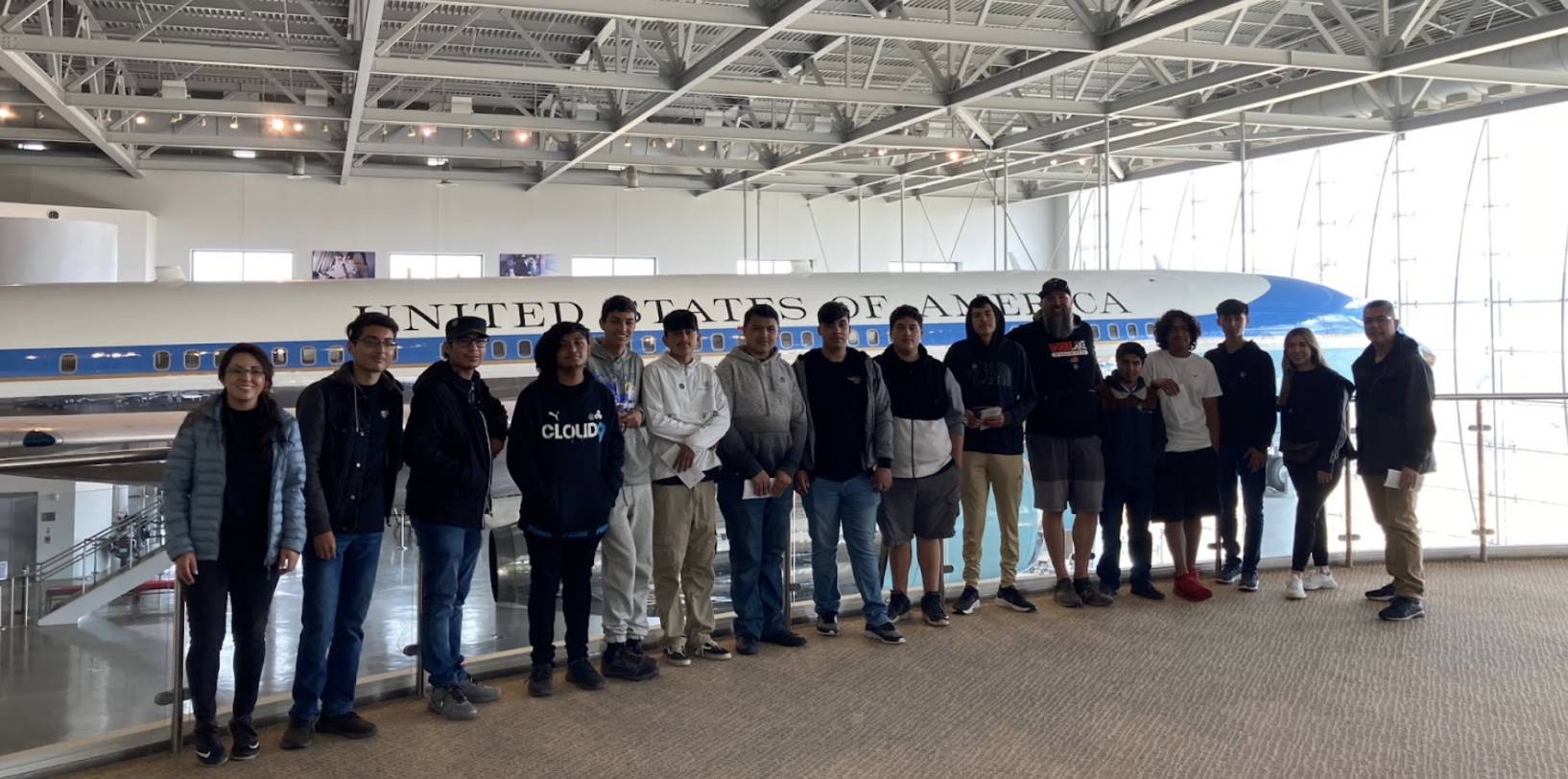
Building CTE programs to last
The early validation from students and growing community networks are promising indicators of success — for both the programs’ longevity and as models for adjacent communities. Now that the inaugural year is completed, the teams will spend the summer reflecting on the successes and challenges of the first year, and planning for a second year that builds upon those learnings.
If you are interested in hearing more about how your community or industry can support this project, you can contact teams directly; each team page includes contact information. You can also email the Rural Tech Project at hello@ruraltechproject.com.